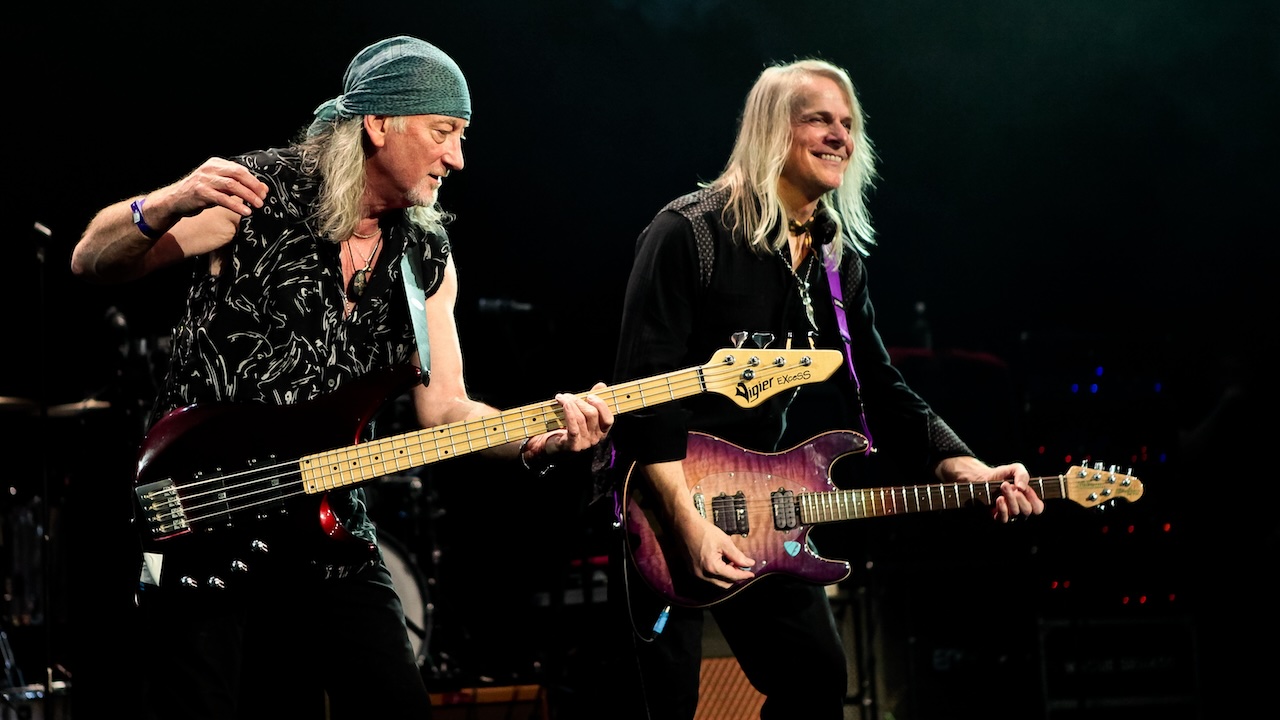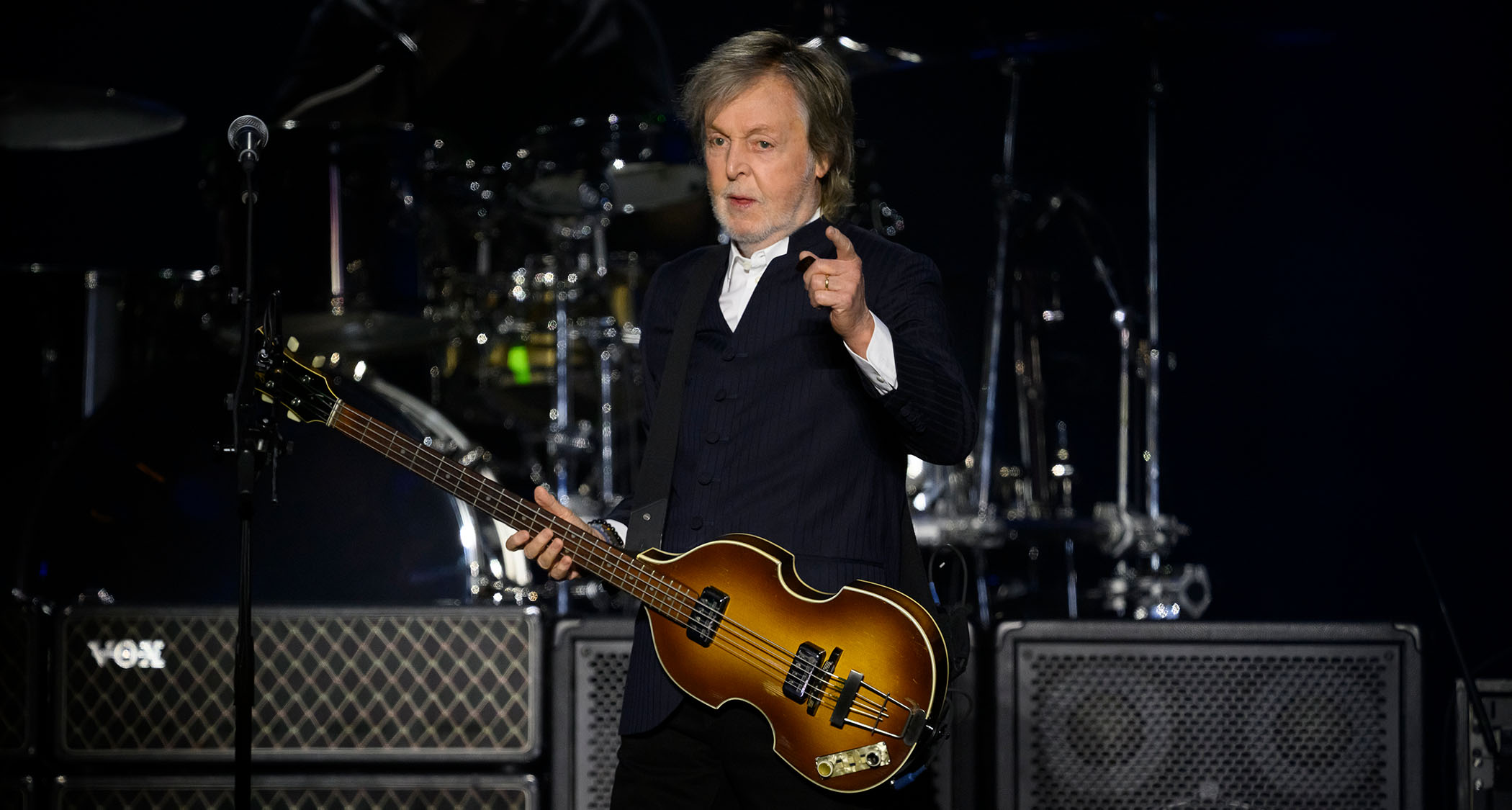“I get more volume and power when I play with a pick. I’d never be able to play Highway Star with my fingers”: Roger Glover’s isolated bassline on Deep Purple’s Highway Star is a masterclass in high-velocity picking

If heavy metal is the bastard son of rock ’n' roll, Deep Purple is due a paternity test. Like Black Sabbath and Led Zeppelin, their peers in the trifecta of hard rock, Purple reacted against the bubblegum pop and hippy-dippy fare of the 1960s with a high-octane sound that was powered by the blues and borrowed as freely from classical music as it did from psychedelia and folk.
From the band's 1968 debut, Shades of Purple, through its self-titled 1969 album, bassist Nick Simper anchored the burgeoning outfit with sinewy lines that darted deftly between guitarist Richie Blackmore's leads and Hammond organ player Jon Lord's progressive keyboard stabs.
Replacing Simper on 1970's Deep Purple In Rock, Roger Glover's entry into the Purple fold coincided with the arrival of vocalist Ian Gillan, forming a legendary lineup that would create the band's most celebrated recordings.
With 1972's Machine Head, Deep Purple secured its rank in rock royalty. While Smoke on the Water – the autobiographical song kicking off Side Two that details the album's recording in the south of France – is the band's best-known track, the album's opener, Highway Star, presents the best route to the heart of Deep Purple's riff-driven righteousness.
Kicking off the track with a chugging rhythm and a gritty tone, Glover sets the pace for seven bars before ripping through an upper-register fill. By the time Gillan enters with vocals, Glover is going full-steam ahead with eighth notes.
“I believe in playing simply, because of the virtuosity that surrounds me in the rest of the band,” Glover told Bass Player. “I have to be the bedrock for them to lie on and do what they do – I never think too much about what I play – I just like to go for what feels and sounds right at the time.”
You can listen to the isolated bass and drums below.
All the latest guitar news, interviews, lessons, reviews, deals and more, direct to your inbox!
As you power through the driving eighth notes, you might try experimenting with different picking styles – downstrokes tend to give each note a stronger attack, but alternate picking makes the bluesy pentatonic runs sound smoother.
“In terms of the high-speed accuracy, feel and attack needed to play Deep Purple’s music, I get more volume and power when I play with a pick. When I pick up a bass guitar and just mess around, I usually play with my fingers, but I’ve always played better with a pick. I’d never properly be able to play Highway Star with my fingers.”
For the thickest tone and most convenient fingering, fret those eighth-note Gs with your ring finger on the fifth fret of the D string, and get comfortable – you'll be playing a few hundred of 'em before the tune is through.
Not one to rest on his laurels, Glover also played with Rainbow, David Coverdale, Alice Cooper and many more stellar musicians. As a producer, he has helmed albums by Status Quo, Judas Priest, Rainbow, Nazareth, Dream Theater, and has released solo projects such as The Butterfly Ball, a 1974 concept LP.
“There’s always something new when you’re a creative person. You can’t stop writing and expressing what you think. I find it hard to take in, sometimes: I think to myself, ‘How the hell did I get here?’”

